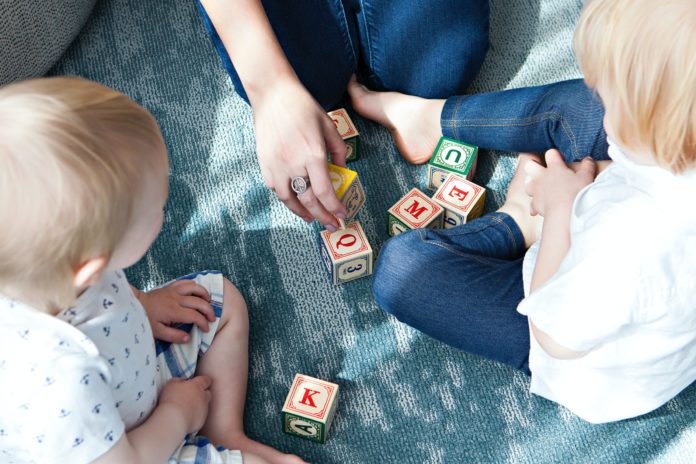Benefits of ABA Therapy for Autistic Children
- Social Skills are taught.
- Improves the ability to live independently
- Aids Parents and Educators
- Increases Happiness in Life
- Scientifically Validated
ABA is a therapy method for teaching people positive behaviors in a variety of circumstances. According to the National Institutes of Health, there are numerous benefits of applied behavior analysis in children with autism. Individual treatment plans are provided as part of this method, to increase desired actions while reducing unwanted behaviors over time. Mental health and educational specialists have found it to be a popular and successful option. Let’s look at a few of the most prevalent benefits.
Social Skills Are Taught
ABA behavioral therapies are effective at teaching autistic children the social skills they need to interact with their classmates and make friends. Depending on the child and their ability, this occurs to varying degrees. Nonverbal children may not progress to the same
extent as higher-functioning children, but most can learn some type of social engagement through ABA to connect with others.
Improves The Ability To Live Independently
ABA entails keeping track of data to identify and respond to patterns of behavior. Another advantage of applied behavior analysis for autistic children is that it helps teachers, parents, and carers to teach daily living skills including toileting, brushing teeth, dressing, and sleeping through the night.
Aids Parents And Educators
Teachers and parents can learn the best techniques to work with children with autism and boost their chances of achieving their goals with the support of ABA therapists. Those who love and deal with these children on a routine basis can provide the kind of intervention that is beneficial and constructive, rather than simply hoping to get through a day with as few meltdowns and disasters as possible, with a treatment plan and some direction in hand. The skills provided through behavioral analysis empower both the autistic child as well as those who care for him or her.
Increases Happiness In Life
ABA Therapy provides autistic children and their families with a priceless gift: the capacity to enjoy life. Children feel empowered when they acquire independence, social skills, and how to deal with frustrations, for example. These teachings can take a long time to complete, but participating in them demonstrates to an individual that they can attain what individuals around them are exhibiting, at least to some extent. They are better able to create friendships, contribute to their communities, and receive the ineffable gifts that come with human interaction once they have learned key skills.
Scientifically Validated
ABA is a sort of evidence-based intervention. There is evidence and a therapeutic foundation to back up the effectiveness of the tactics used in this modality. This approach’s tactics offer youngsters the real skills they need to accomplish many of life’s functions on their own. These teachings allowed these children to make friends, start taking care of their own physical and hygienic needs, learn more freely, and healthily participate in their communities. ABA has been proven to function in the past.
In the work of autism experts and advocates, ABA is a valuable instrument. These advantages of applied behavior analysis for autistic children are only a few of the many ways that this therapy technique is improving people’s lives every day.


